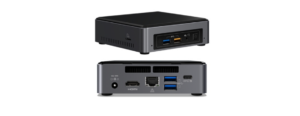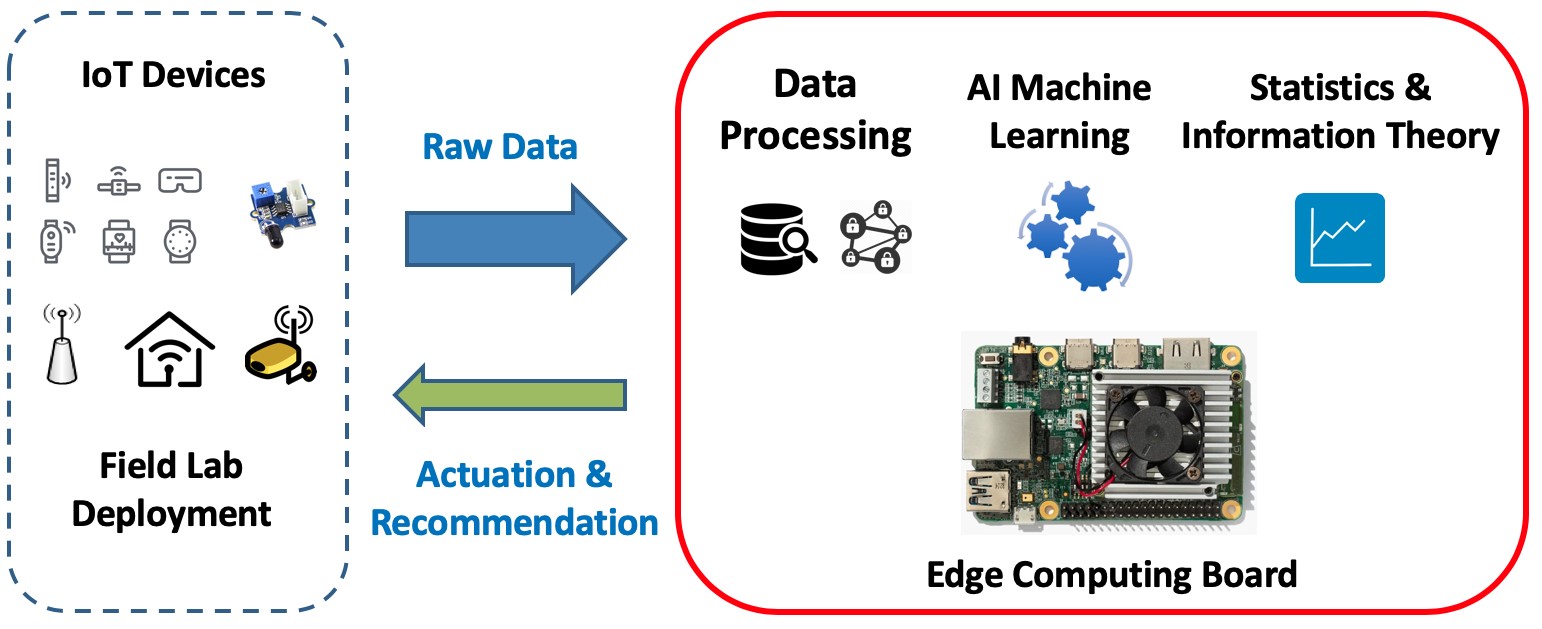Aaron Ding on practical research, TU Delft students and the Do IoT Fieldlab
In a previous article, Aaron Ding explained the current shift to the edge computing paradigm. He explained that ‘we tend to think that engineering is the solution for most of the problems’, but that ‘some of the problems are so hard, that’s impossible to solve just by pure technical mechanisms’. Ding, therefore, urges the need to work together on IoT innovations, across disciplines and across sectors.
Could you illustrate this need by a current problem or challenge?
‘By applying edge computing to our road infrastructure to support smart cars and services, for example, the scenario involves challenges across multiple disciplines and stakeholders. Will the edge computing occur on the car, on the lamp posts, or even on the upcoming 5G base stations? How shall we redesign the cars (car manufactures), the lamp posts (road authorities) and relevant telecom infrastructures to enable the edge computing? From socio-technical and economic perspectives, who will implement the hardware and software? Who will pay for the maintenance costs for running those distributed edge-enabled infrastructures? Will this make the existing architecture more complex? Will there be a viable business model for the edge-based services? All these practical challenges require both thorough and multidisciplinary research before edge computing becomes a real deal.
That’s why I like the Do IoT Fieldlab a lot. It brings together many people, previously from different backgrounds. Before, they did not have much opportunity to cooperate. Now, due to the fieldlab we have a chance to do that. It’s like a hub, a place that people can associate with and connect to. This creates the opportunity to make research more impactful because academic research can now be transferred more quickly to the industry and public sectors.’
You work a lot together with students, why are they drawn to these types of research?
‘Speaking for most of my students of the TU Delft, they are quite motivated, especially regarding IoT and edge computing topics. Nowadays, there are lot of opportunities and students are aware of that. They can see the clear benefits of learning new skills which will be needed in public and private sectors after graduation. We’re doing a lot of hands-on things, practical, different from what people tend to think about research. We are not drawing formulas on white boards. We’re doing practical tests in the field. Students appreciate that, especially the TU Delft students, they really like to do hands-on stuff.
In addition to that, many of my students work in a company to do thesis projects, industry companies as well as consultancies. These companies learn a lot from the research we’re doing here at the university. But it’s also a very good opportunity for the students because they can benefit from both worlds. The university offers the world of research that can be useful for the industry. The students can directly learn new skills here and the industry gives them the real playground in which they can apply these new skills and link them to practical business cases. That’s why I like the research we’re doing here in the TU Delft and in the Do IoT Fieldlab: we are well-connected and learn from each other.’
You mention hands-on research, could you give an example?
‘The Do IoT Fieldlab provided me with a computing board for prototyping the edge computing platform we’re currently developing. With that platform, IoT devices can sense when there’s an event happening and is able to initiate a task. The edge computing board will directly process the captured information and after that, can further apply Artificial Intelligence algorithms to detect whether there is an urgent situation. If so, the data will be processed nearby the sensors. One of my Master students has recently developed a framework and presented our recent study at a top-tier ACM conference’.

Edge computing board
Aaron Ding and his team are involved in the Delft on Internet of Things (Do IoT) Fieldlab. We offer an open platform focused on the development and use of Internet of Things and 5G. Researchers, companies, government and students can develop and test IoT applications based on the latest wireless communication technology in collaboration with the fieldlab. Together, we accelerate innovation in mobility, industry, logistics, agro, health and safety. Follow us online on or !

